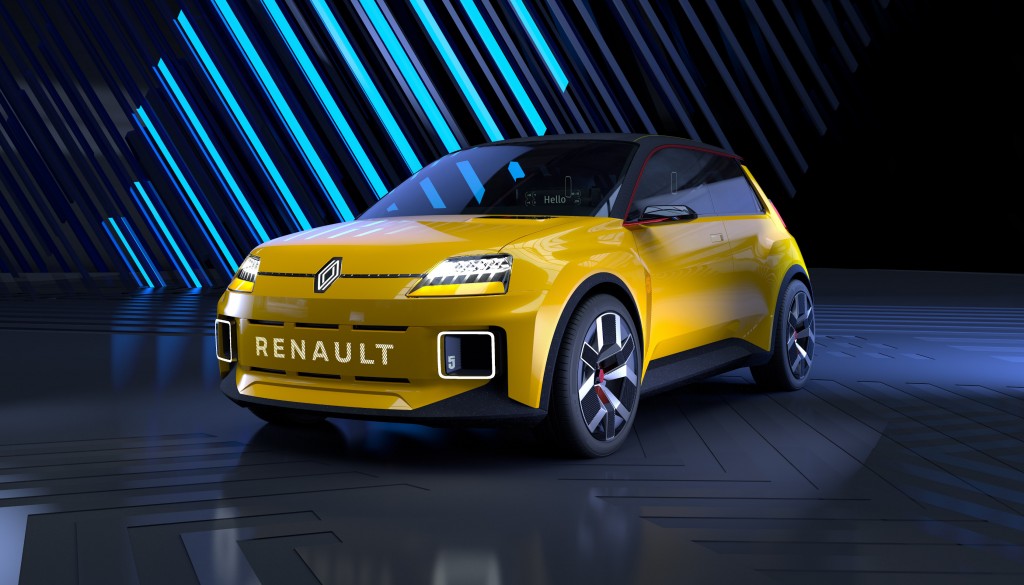Renault to set up electric-car hub in France as standalone unit
By BLOOMBERG | 02 June 2021
PARIS: Renault SA is taking major steps towards creating an electric-vehicle manufacturing hub in northern France in a bid to better compete in Europe’s fast-growing EV market.
The French carmaker is set to announce as early as next week the broad strokes of a plan to combine operations at three existing sites - in Douai, Maubeuge and Ruitz - into a separate and fully owned legal entity, according to people familiar with the matter.
This would pave the way for talks with labour representatives on pay and working conditions at the plants, said the people, who asked not to be named because the information isn’t public.
A spokesman for Renault declined to comment.
The EV hub, which could produce as many as 400,000 vehicles, is a key part of chief executive officer Luca de Meo’s strategy to turn around the struggling carmaker and boost output of electric and hybrid vehicles.
The move would also help fulfill a pledge to the French state, Renault’s most powerful shareholder, to preserve jobs and EV technology in France.
Shortly after taking the helm in 2020, de Meo told unions that development of an EV costing less than €20,000 (RM101,000) was crucial for the company.
Its aging Zoe model was the top-selling battery-electric car in Europe last year but risks being overtaken this year by models made by Tesla Inc. and Volkswagen AG.
The CEO has since unveiled the future Megane electric lineup to be made at Douai, while Maubeuge is already churning out battery-powered versions of the Kangoo delivery van.
In January, de Meo flagged a plan to revive the popular Renault 5 as an affordable EV, though he warned that assembling it in France would require getting unions and suppliers on board. The company is already producing its Dacia Spring electric crossover in China and selling it in Europe.
Renault has told investors 2021 will be challenging following a worse-than-expected 8 billion-euro annual net loss last year.
The company is cutting costs and shrinking its workforce in France, while at the same time grappling with production halts due to shortages in semiconductors.
Last year, the carmaker came under intense pressure from President Emmanuel Macron on jobs and the future of the factories in northern France while taking a 5 billion-euro state-backed loan to get through the pandemic.
Tags
Autos Renault
Reviews

First drive with the 2025 Hyundai Tuscon and Santa Fe: Seoul...

5.8
Kymco AK550 Premium: Smart easy rider

BYD Seal 6 Premium: Sweet deal, generous kit, sensible prici...

8.7
Mazda CX-80 2.5G PHEV AWD High Plus: Upmarket upgrade

Proton X50 Flagship: Tuned for success

6.6
Triumph Trident 660: Beautifully balanced package

8.4
Mercedes-AMG GLA 35 4Matic: Never a dull moment

Lamborghini Urus SE: Ultimate control
Videos

Free & Easy Media Test: Latest Proton X50 Flagship to Kuanta...

Zeekr Space Sunway City Video

Honda Civic Type R Ultimate Edition: Last 40 Units for Europ...
